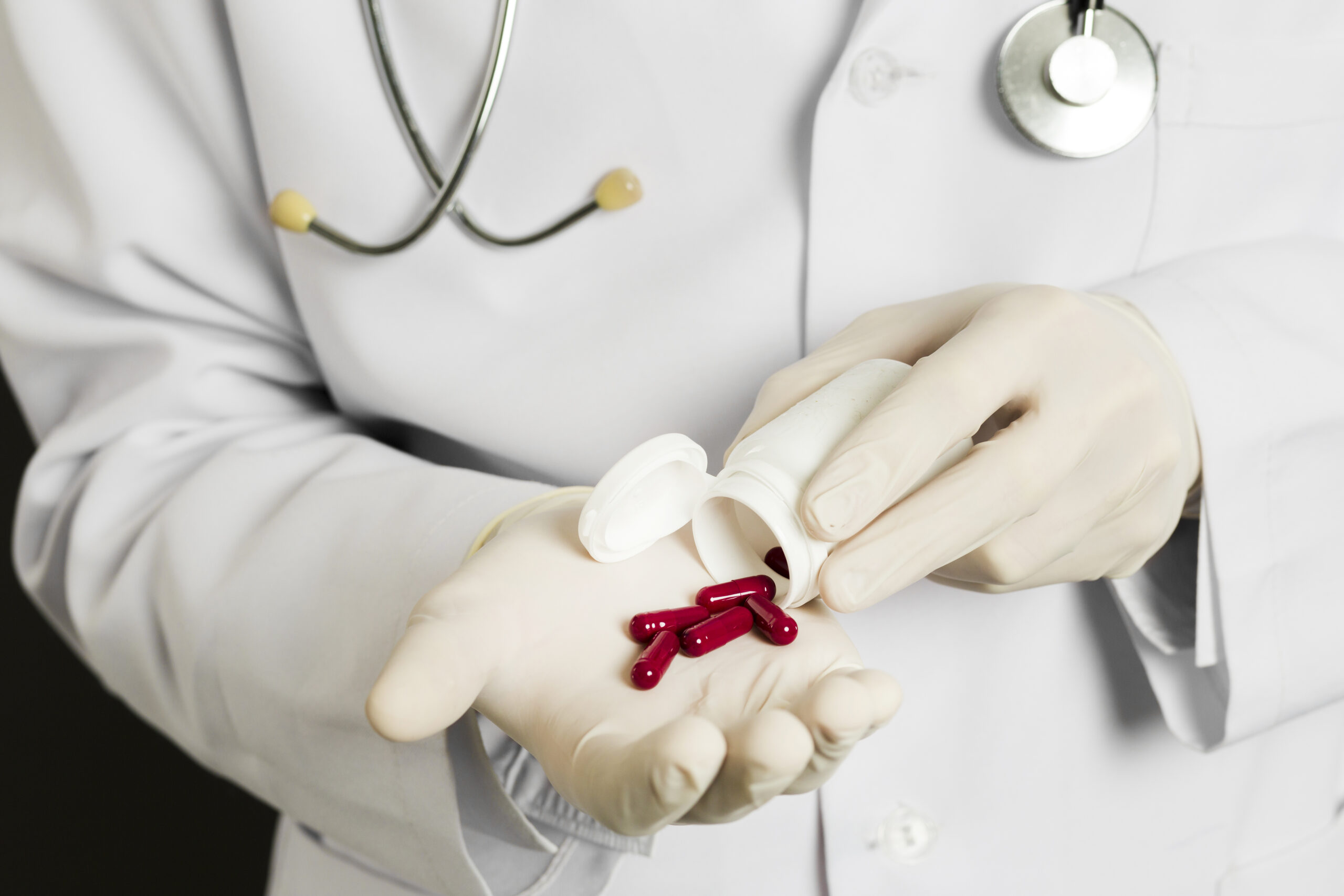Hemoglobin Deficiency and Its Treatment with Supplements
You may suffer from a low level of hemoglobin in your red blood cells, leading to anemia.
What is hemoglobin deficiency and how can it be treated with nutritional supplements?!
Hemoglobin is the protein that carries iron in the blood, found in red blood cells, representing about 94% of the red blood cells’ components responsible for carrying oxygen to body tissues and transporting carbon dioxide. Therefore, if you have an iron deficiency (anemia), it causes a disruption in hemoglobin formation, making it difficult for the body to get an adequate amount of oxygen.
How is hemoglobin analyzed in the blood?
Hemoglobin analysis measures the level of hemoglobin in the blood through a blood test. If the hemoglobin level is abnormal, it may indicate a blood disorder. Hemoglobin levels are expressed in grams per deciliter (g/dL).
Normal hemoglobin levels in the blood usually vary among individuals, depending primarily on age and, starting from adolescence, on gender. In general, men have higher hemoglobin levels compared to women: Adult Males: 14 to 18 g/dL Adult Females: 12 to 16 g/dL Men over middle age: 12.4 to 14.9 g/dL Women over middle age: 11.7 to 13.8 g/dL dL Pregnant Women: 11-12 g/dL
Causes of Hemoglobin Deficiency Many factors can contribute to hemoglobin deficiency, such as:
- Iron deficiency, the most common cause
- Body’s lack of certain vitamins like vitamin B12 and folic acid
- Increased likelihood of hemoglobin deficiency in cancer patients
- Individuals with immunodeficiency are also susceptible to hemoglobin deficiency
- Bleeding and substantial blood loss can lead to hemoglobin deficiency
- Pregnancy
- Liver problems
- Urinary tract infections Sometimes, a decrease in hemoglobin levels can occur naturally without any underlying cause, and you may not experience any symptoms.
Symptoms of Hemoglobin Deficiency:
The symptoms of hemoglobin deficiency may be mild initially and go unnoticed, with common symptoms including:
- General fatigue
- Pale skin
- Shortness of breath
- Dizziness
- Unusual cravings like eating non-food items such as dirt or ice
- Tingling sensation in the legs
- Swollen tongue
- Rapid heartbeat
- Brittle nails
- Headaches
Treatment:
To treat anemia resulting from iron deficiency, your doctor may recommend taking iron supplements. Your doctor will also address the underlying cause of your iron deficiency as necessary.
Iron Supplements:
These supplements gradually increase iron levels in the body over a few weeks, and you may be advised to take them for several months to build up iron stores. Your doctor will prescribe the correct dosage for you. To enhance iron absorption from the tablets, you may be instructed to:
- Take iron tablets on an empty stomach. If possible, take iron tablets on an empty stomach. However, as iron tablets can cause stomach cramps, you may need to take them with meals.
- Do not take iron tablets with antacids. Iron absorption may be affected by medications that immediately relieve heartburn. Take iron tablets two hours before or four hours after antacids.
- Taking Iron Tablets with Vitamin C: Your doctor may recommend taking iron tablets with a glass of orange juice or a dietary supplement containing vitamin C, which improves iron absorption.
Iron supplements can cause constipation, so your doctor may also recommend a stool softener. Iron may turn your stool black, which is a harmless side effect.
Other types of nutritional supplements that may help raise hemoglobin levels include:
- Folic acid supplements, which are better absorbed compared to dietary intake. The body absorbs 85% of this vitamin when taken as a supplement, whereas only 50% is absorbed from food intake.
- Vitamin B12 supplements for treating anemia caused by vitamin B12 deficiency.
Hemoglobin deficiency cannot be treated overnight. You may need to take nutritional supplements for several months or longer, possibly up to a year or more. Generally, you may begin to feel improvement after about a week of treatment. Consult your doctor about scheduling a follow-up blood test to reevaluate your hemoglobin levels.


Leave a Reply